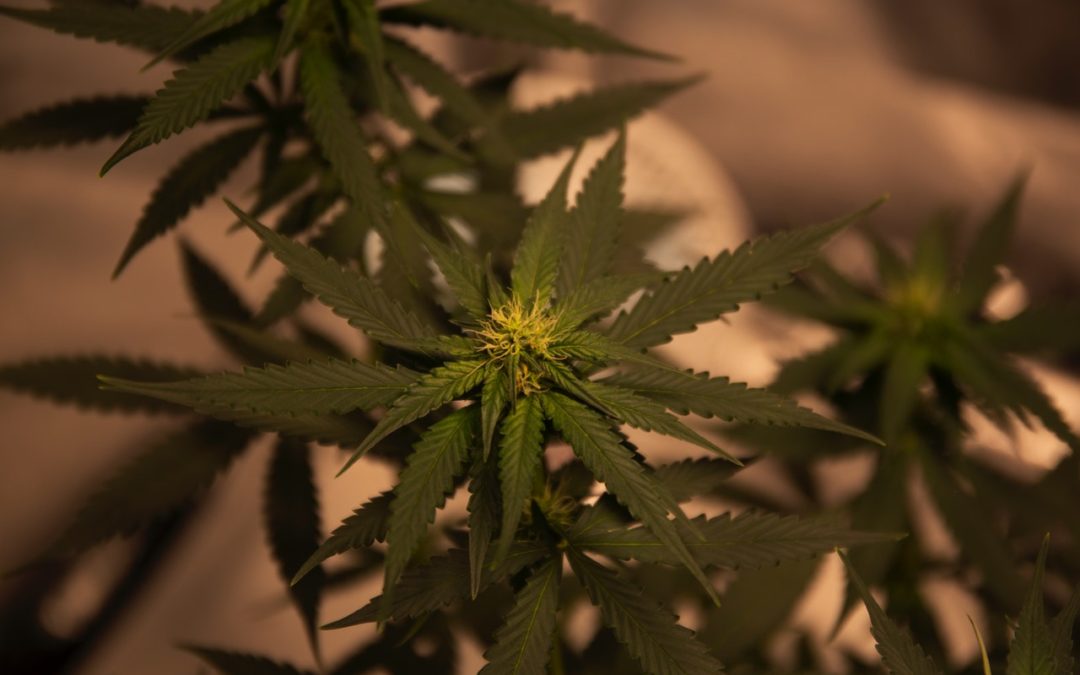According to the Centers for Disease Control, more people in the United States die from lung cancer than any other type of cancer – in fact, of any other cause except heart disease. Of these cases, almost all can be tied back to tobacco smoking. The association between lung cancer and smoking should not come as a surprise — decades of research have documented the devastating effects of tobacco on the lungs and the rest of the body. However, whether or not cannabis use leads to an increased risk of respiratory illness or lung cancer is still up for debate in the medical community.
Below, Boston medical marijuana doctor Jordan Tishler explains why certain methods of cannabis consumption — namely smoking — should be avoided, and then offer safer alternatives for those who are interested in using medical marijuana.
The Connection Between Smoking and Lung Cancer
The reality is: smoking anything — whether it be marijuana or tobacco — potentially increases one’s risk of developing respiratory illness. Cannabis smoke contains many of the same known carcinogens as tobacco smoke. However, there is little evidence suggesting that regular cannabis use by itself leads to lung cancer. Donald Tashkin, MD, is a pulmonologist at UCLA who has done much of the best work in this field. His study from 2013, showed that regular cannabis use does cause damage to the cilia found in the lungs, and may also lead to an increased risk of developing bronchitis and other respiratory infections. On the other hand, also showed no increase in lung cancer risk. It remains unclear how best to interpret these findings.
Fortunately, smoking is not the only way to use cannabis. Methods of cannabis consumption like vaporization are just as effective and far safer than smoking, and have not been shown to increase one’s risk of lung-related illness. However, those that do choose to smoke cannabis should be aware that doing so may have negative consequences on their health. Even though there is not sufficient evidence to suggest that cannabis smoke itself leads to lung disease or cancer, those who smoke cannabis are still causing unnecessary damage to their lungs.
Turning Towards Safer Methods of Cannabis Inhalation
While cannabis by itself does not appear to increase one’s risk of developing lung cancer, vaporization is an excellent option for those looking to use medical marijuana. In particular, devices that are designed specifically to vaporize cannabis flower (aka herb, weed, bud) are able to effectively heat the material to a temperature suitable for vaporization without creating any products of combustion (carcinogens). These devices are safe, and are also easy to use. Therefore, it is strongly recommended to those who currently use or are interested in using cannabis therapeutically to invest in a good flower vaporizer.
Please note that devices that “vaporize” oils or concentrates, like the commonly use “vape pens” are not really vaporizing – they’re likely burning that oil – which defeats the health benefits of medical cannabis. For more information about these devices and why you should avoid them, check out a recent article on vape pens.
Vaporization vs. Edibles — Is One Method of Consumption Better Than the Other?
Vaporizing and ingesting cannabis are generally not simple alternatives for one another — each method of medical marijuana consumption comes with its own advantages that make it more suitable for some patients than others. It is important to discuss all the options with a medical cannabis specialist to learn which option might work best for you.
Generally, eating cannabis-infused foods, commonly referred to as edibles, is better for situations where you want long-lasting relief without the need for an immediate effect. For example, if you have chronic pain, you will likely benefit from ingesting cannabis orally because the duration of relief persists for a much longer time and avoid the “yo-yo” effect seen with shorter acting methods. At the same time, a person suffering from episodic or acute pain (like Migraine headaches) would probably be better served by passing on the cannabis-infused food products in favor of vaporized marijuana, which acts quickly and lasts for a shorter duration.
Keep in mind that many cannabis-infused foods tend to be high in fats and sugars, and should not be a regular part of most diets, especially those who have underlying health conditions such as diabetes or obesity. Instead, those who may benefit from oral ingestion of cannabis should consider less problematic products like capsules or gummies.
Contact Boston Medical Marijuana Doctor Jordan Tishler
Ultimately, talking to a physician who has experience using medical marijuana is the best way to find the solution that best suits your needs. Those who are considering using a flower vaporizer or any method of marijuana consumption may benefit from a consultation with a medical cannabis specialist. As a Massachusetts-based physician and nationally recognized leader in cannabis therapeutics, Jordan Tishler has spent years helping patients use medical marijuana alongside conventional treatments. Dr. Jordan Tishler can help you determine which method of marijuana consumption will be most beneficial to you, and answer any questions you may have about using cannabis as medicine. For more information, or to set up a consultation with Massachusetts medical marijuana doctor Jordan Tishler or the team at InhaleMD, call us at (617) 477-8886 today.

